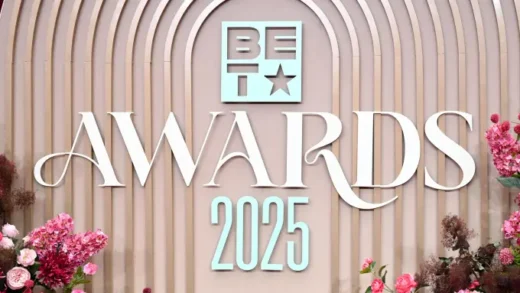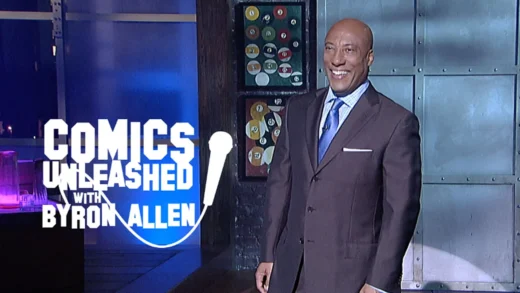What do you imagine when you think of a horror movie? Is it a gory movie with a serial killer or a ghost story with jump scares? The horror genre is much broader and more complex than the clichés often seen in them. What is horror and how does it cause such strong feelings?
LiteraryTerms.net define horror as “the purpose to create feelings of fear, dread, repulsion, and terror in the audience”. How do horror films portray these emotions? The online web-site FilmInquiry.com explains that the main incentive of scary movies includes tension, relevance, and unrealism. Tension is formed through mystery, suspense, gore, shock, and terror. It motivates the audience to be influenced emotionally. Relevance is related to universal uncertainties, such as fear of death. Often it focuses on problems that society faces, such as natural disasters or world-wide disease. Many times, the viewer will identify with the protagonist, such as facing a traumatic event. Content is curated from phobias that affect a wide range of individuals. Unrealism, according to Film inquiry, is used to, “create a perspective from terrifying situations that ironically allow a closer look at the nature of our fears.” A well-written and scary horror film makes you seem like you’re the main character. That’s what is so entertaining about it!
My personal favorite genre of horror is psychological horror. FilmInquiry.com defines psychological horror as, “a sub-genre that focuses on the darker side of the human psyche that’s often repressed.” The exploration of emotional and mental weaknesses over primal survival fears is also prevalent. These films are intended to feel like a vivid nightmare. If done right, they send the conscious mind a message or warning. These films are often used to unearth parts of the psyche that are culturally rejected. Suspicion, self-doubt, distrust, and paranoia about oneself, others or the world are often represented in psychological horror. Metaphors are used, and monsters seen in this genre are often depicted as the protagonist’s own inner demons. Resolutions are often multifaceted and unexpected, which is why plot twists are essential to psychological horror. Finally, processing the experience of death, especially societal or familial, is a major theme.
https://youtu.be/TkdUdkiPJYQ
My favorite psychological flick is The Babadook. The film was creepy and I also enjoyed the analysis of it. The mother, Amelia, must deal with the monster and her son, Samuel, throughout the movie. Samuel is a problem child and is known for screaming, hitting peers, and demonstrating other erratic behavior. To those who are not aware of the Babadook, her son is the “monster”. This is a direct parallel to how one feels about parenting. The social norm, of a mother, is that their child must be well behaved. If their kid is acting out, people often stare and make comments about “bad parenting”.
In the movie, Samuel is acting out because of what is going on in his home life. The Babadook is taunting him and, therefore, he cannot sleep. Of course, society does not see how hard Amelia is trying to normalize their life. Another great representation in The Babadook is the concept of mental illness. The monster is a metaphor for mental illness. The Babadook is tearing Amelia, her son, and her household apart. At the end of the film, Amelia’s family cannot get rid of the Babadook, and instead, learns to live with it. This is similar to those that deal with mental illness. Understanding coping methods, triggers, and defense mechanisms are all approaches to helping one’s mental state.
Does psychological horror sound interesting to you? Besides The Babadook, some of my favorites are, Seven, Jacob’s Ladder, and We Need to Talk about Kevin.
Horror is an intricate genre and a lot of thought goes into producing anxiety within the watcher.
What are some of your favorite horror films?
Lauren Hoke, Guest Writer




